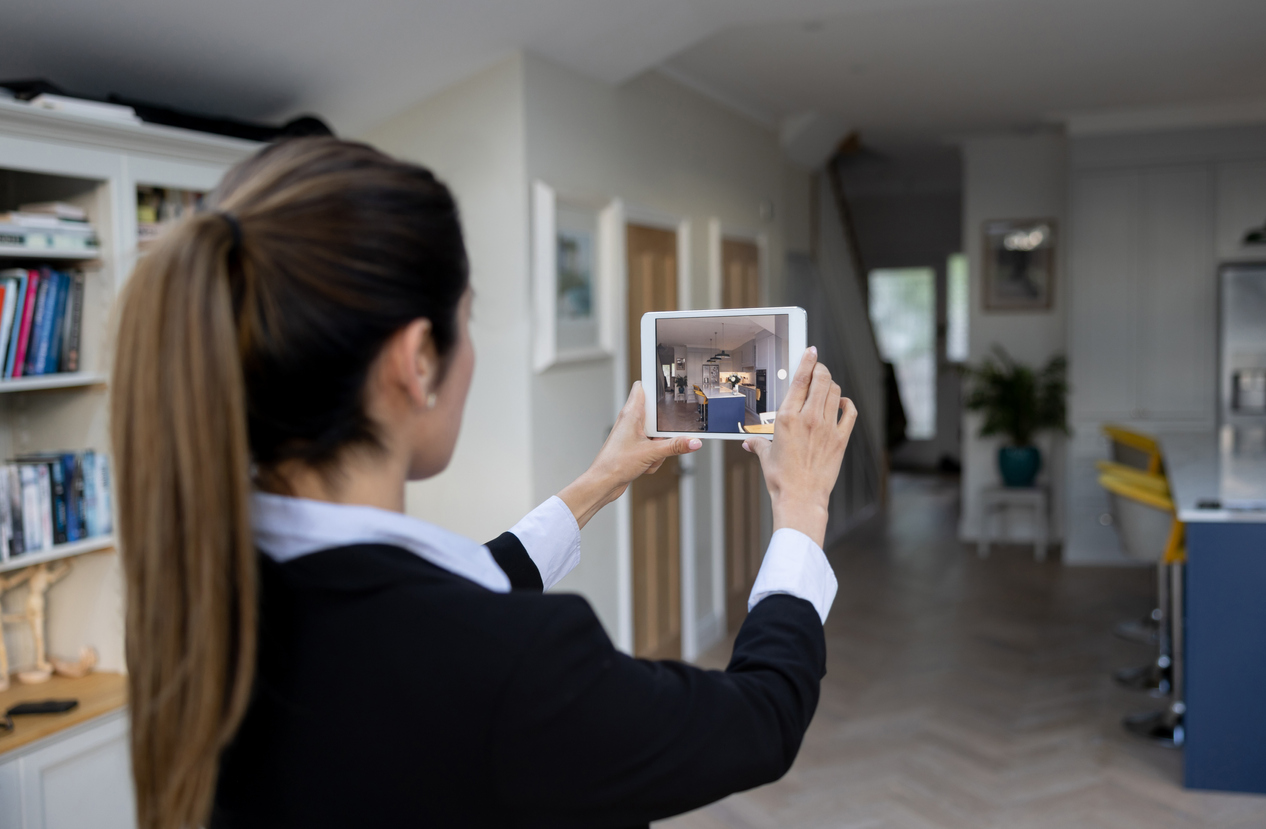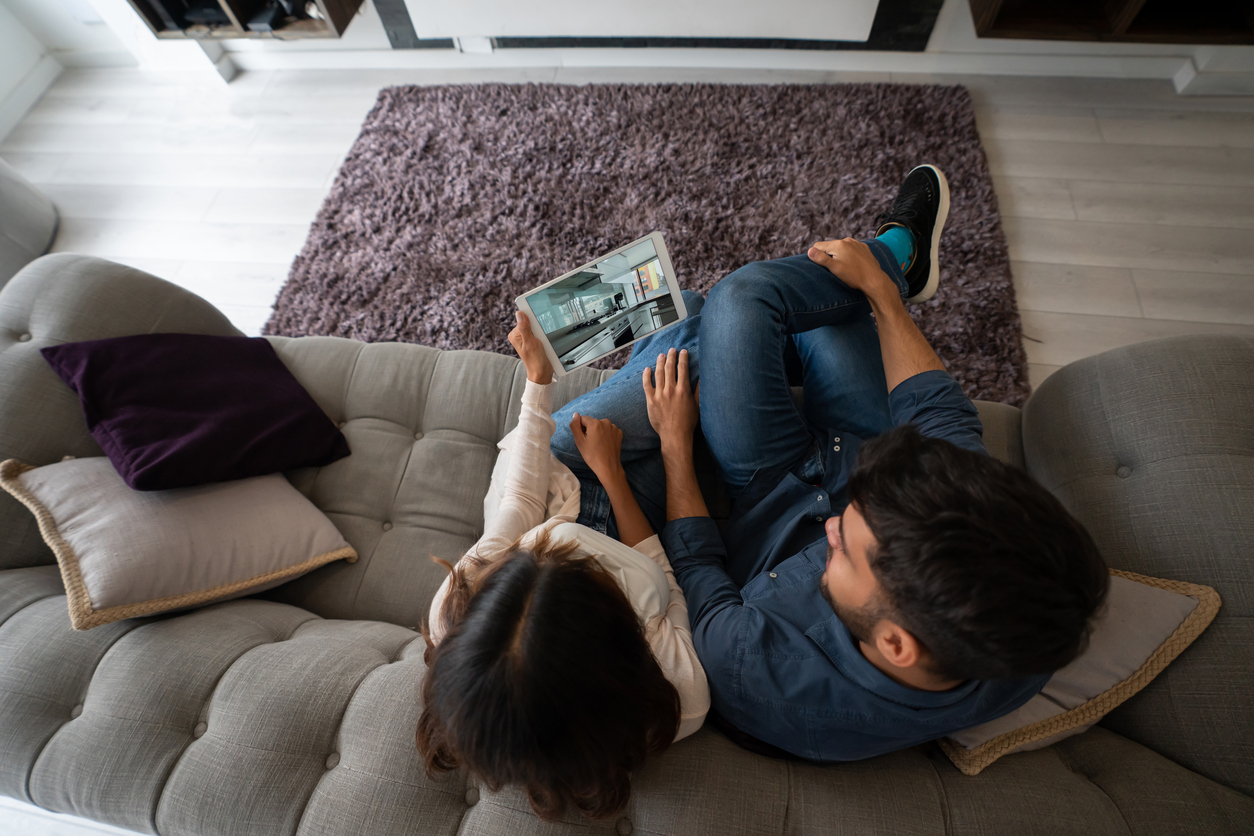
Expatriation
Acquiring land or property in a foreign country can be daunting, especially when you face language barriers, legal complexities, and cultural differences. However, with the right guidance, buying property in France as an expat can be a smooth process. We will explore the steps of purchasing real estate in France as well as the essential tips in making the right decision for your investment.

Here are some additional tips for expats to guarantee a succesful purchase
- Enlist professional help: working with an experienced real estate agent and notary is essential for a seamless transaction process. These professionals will guide you through the required legal procedures, assist with language barriers, and negotiate on your behalf when necessary.
- Understand your preferences: Ensure that you know what kind of property and location suits you best. Consider factors such as access to amenities, transportation, work opportunities, and international communities before making a decision.
- Make a comparaison between prices of similar properties within the region. If you’re looking to make an investment in a rental property, the purchase price has direct impact on the rentability of your investment. Thus, it is important to consider your options in order to find the right investment at the best price.
- Keep an open mind: Be prepared to compromise on certain features or locations if it means securing your ideal property within budget. It may be worth giving up some of your initial “must-haves” if it leads to a better overall purchase decision.
- View properties in person: While photos and descriptions can be helpful, there’s no substitute for viewing properties physically. Doing so allows you to get a better sense of the area, meet neighboring residents, and assess the condition of the property firsthand.By following these guidelines and carefully considering all aspects involved in buying property in France as an expat, you’ll be well-equipped to navigate the process and secure the perfect home for you in this beautiful country.
Know your real estate project objectives
First of all, you must have your objectives clear and well-defined.
- Whether you are considering a house or an apartment, old or new construction, rural or urban setting, shared-accommodation or not… Each type has its pros and cons, so it’s essential to weigh them accordingly.
Making remote visits can be complicated if you are living abroad. Homelikehome takes care of this by visiting for you, saving you the time and energy of making useless visits. You will receive all visit-reports in your personalized client portfolio as well as through e-mail, SMS, Whatsapp…, in order to make your purchase as efficient as possible. Once you have settled on a precise idea of investment, your property hunter films the surrounding environment, the neighbors, the street, the neighborhood…. This way you can visit from the comfort of your sofa regardless of where you currently are in the world.

Financing your purchase : Finding a loan as an expatriate
Obtaining a loan as an expatriate is more complicated than for a french resident. Certain banks are specialized in facilitating loans for expatriates. These banks offer loans specific to your situation. Like any classic loan, you must provide various official documents such as :
- Your employment contract and your salary payslip
- Proof of identity and address
- A detailed statement of your income and expenses
- The seller’s agreement in principle or signed sales agreement.
- If you do not speak French, certain documents will need to be translated into French by a sworn translator.
- Personal contribution to finance this purchase.If you have a significant personal contribution, this will make it easier to obtain a property loan. Banks will be more inclined to grant a large sum if they see that you are able to save and repay the loan.
Acquiring real estate in France requires transfers of funds which can be significant. These transfers must also be subject to control carried out by credit institutions or banking institutions. The notary also takes part in this verification in order to prevent possible money laundering. In case of doubt, he must notify the service TRACFIN. At the same time, the notary must ensure the security of these transfers by being primarily responsible regarding the seller and the foreign buyer. In this sense, the notary will also control the transactions carried out as well as the situation of the banking institutions or establishments which issued them.
Before committing to a purchase in France, it is essential to master the specificities of the local real estate market and to take into account French taxation which can impact your budget.

The french tax system
You want to buy real estate in France as a non-resident? Whether you are an expatriate or a foreigner, the principle is free investment. In other words, the nationality of the investor does not matter. Only tax residence is taken into consideration since such an operation produces a tax impact.
Be aware that it is the law of the place where the acquired real estate is located which will apply in matters of taxation.
The first step towards successful property acquisition is getting familiar with the French real estate market. Like any other country, the French market has its quirks and particularities that you need to understand before diving in. Here are some key points to consider:
- Mortgage accessibility: Mortgages are generally available to non-residents who wish to buy property in France. The required down payments range between 20% to 40%, depending on the lender and your financial profile.
- Taxes and fees: Property taxes and fees in France vary by region and property type. Common charges include land tax, housing tax, wealth tax, value-added tax (VAT), and notary fees.
- Laws and regulations: As a foreigner purchasing property in France, you will be subject to local laws governing property ownership and transactions. Be prepared to browse through extensive paperwork and seek professional advice if needed.
- The role of notaries: Notaires play a crucial role in French property transactions. They act as both conveyancers and impartial mediators between buyers and sellers. Their involvement is mandatory and ensures that all parties follow the appropriate laws and procedures.

By following these guidelines and carefully considering all aspects involved in buying property in France as an expat, you’ll be well-equipped to navigate the process and secure the perfect home for you in this beautiful country.
Where to expatiate to 2024

Paris remains the most visited city in the world and attracts millions of tourists annually. Expats appreciate Paris for its dynamic cultural life, but complain about the cumbersome Parisian bureaucracy, the price of housing, and difficulties in residing harmoniously in this city, while not always being well received! But Paris is not the only city where life is good in France because you can enjoy the sun and live in Aix en Provence, Nice or Marseille, as well as Lyon and Bordeaux…without forgetting Brittany and Normandy.
Expatiate successfully with Homelikehome and FemmExpat
Homelikehome is a partner of Femmes Expat, which particularly helps women and or mothers to better organize their departure, during their expatriation, and above all to anticipate their return which is not always easy…Published by the company Expat Communication, FemmExpat.com supports hundreds of women, families and employees through the process of expatriation, because an expatriation is prepared and experienced better when we work together
Investing in real estate in France has many advantages for expatriates: acquisition of a pied-à-terre for oneself or one’s children in school, anticipation of a definitive return, investment for one’s retirement, diversification of one’s assets. A peaceful investment, provided you are well supported.
At Homelikehome, we help you find your future accommodation for your return from expatriation. Wherever you are in the world, visit from your sofa!
Not always easy to buy real estate when you live abroad?
Only one thing to think about: entrust your search to a property hunter who will visit for you and save you from numerous unnecessary visits. Visit from your sofa, and enjoy your expatriation peacefully, without any stress for your future return to France!








